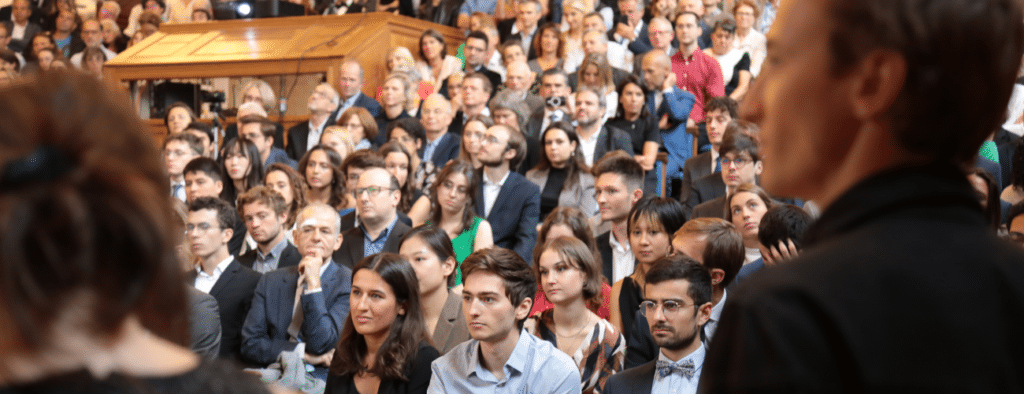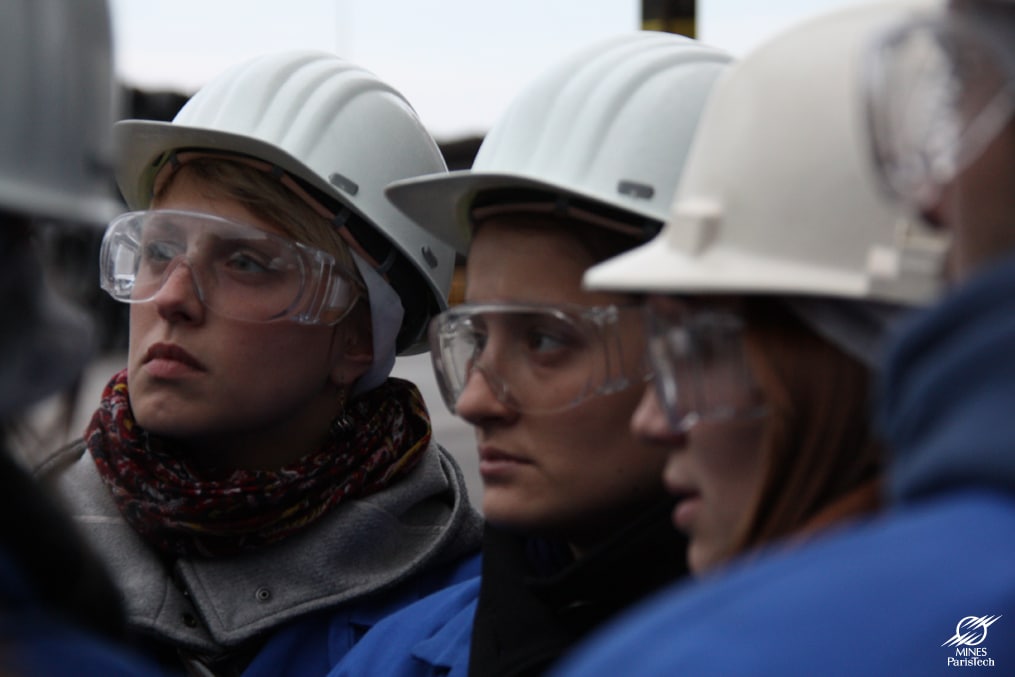Civil engineering degree : the third year
For Mines Paris – PSL, training in 21st century engineering means preparing its graduates to become key players in sustainable, social and human development and to become entrepreneurs of digital transformation, both in France and internationally.

Perfecting skills and challenges
A transition year towards a professional future.
The third year is an essential part of the Civil Engineering curriculum, as it is part of a twofold logic:
- perfecting the high-level generalist training expected on graduation;
- to support each student in his or her aspirations and choices regarding his or her future career.
The teaching approach deployed in the third year therefore aims to :
- deepen scientific knowledge and work methods in a forward-looking field;
- acquire the ability to map the players in a sector and their positions, to summarize them and make decisions for their organization or project within a given regulatory framework;
- prepare for positions of innovator, organizer and integrator of a general engineer in the professional world.
Electives
The elective will enable each student to apply the qualities developed throughout their training to a field of their choice, without prejudging a definitive career path: versatility, a sense of observation and concreteness, scientific rigor and mastery of fundamental theoretical tools, rapid adaptation to a specific technical field, methodology, communication skills and collaborative work by confronting cutting-edge themes in multiple environments.
The final stage of the program is the elective study, which attests to the student’s ability to define a complex problem in a real-life environment, and to come up with an innovative solution that can be implemented in the host company or laboratory.
17 electives are offered in 6 main areas
- Mathematics and Digital Sciences
- Physics and Material Science
- Energy and Environment
- Management, Economics and Social Sciences
- Health and Bioengineering
- Entrepreneurship & Innovation
Controversies
Democracy & Transitions” seminar
Students’ growing commitment to the theme of environmental and energy transitions led to the organization, in 2019, of the first seminar, “Engineers & Environmental Transitions” organized by a group of third-year students. The rest of the class was able to interact with experts as part of a conference cycle. The aim of the seminar: to become the bearers of a responsible and sustainable Anthropocene.
Crisis management
The Crisis Management course is the highlight of a student engineer’s three-year training program. It’s an opportunity to put into action all the skills acquired during courses and internships, over a short, intense period.
“Major Issues” lecture series
A large number of new terms are making their appearance in our daily lives and in the news: artificial intelligence, quantum computing, energy transition, autonomous vehicles, etc. Against this backdrop, the “Major issues” lecture series aims to provide rigorous insights into specific themes by bringing together leading scientists and experts from the world of business, who contribute their thoughts and perspective on these subjects.






